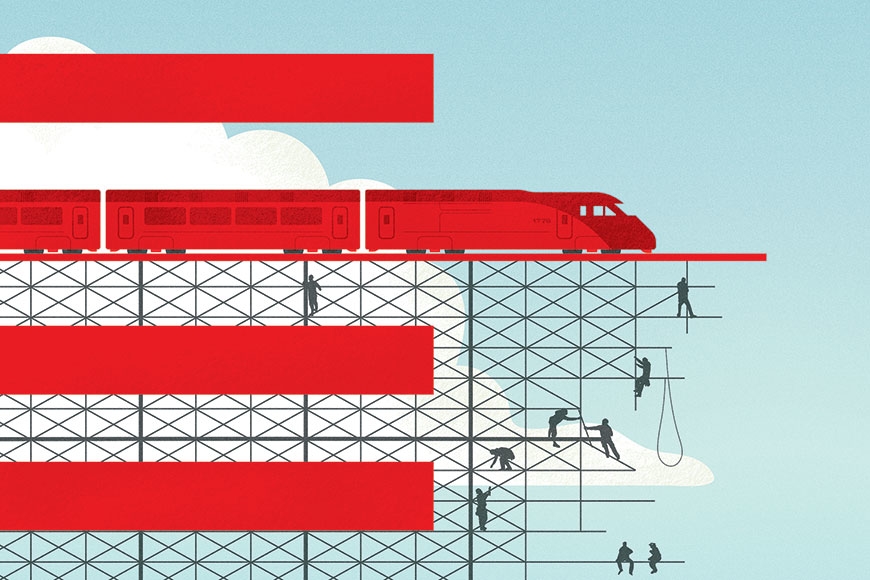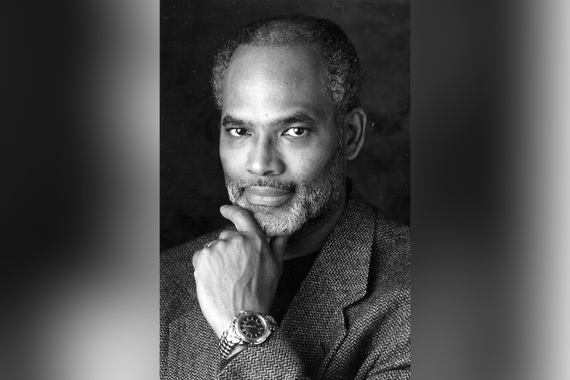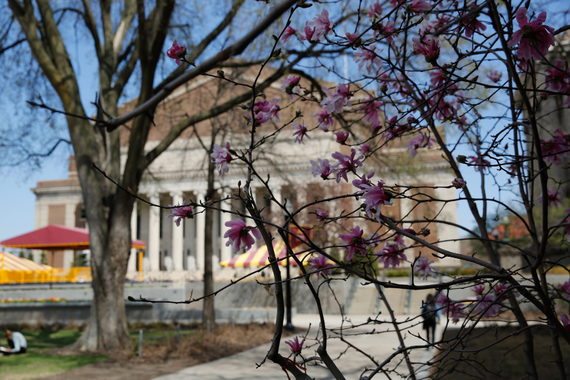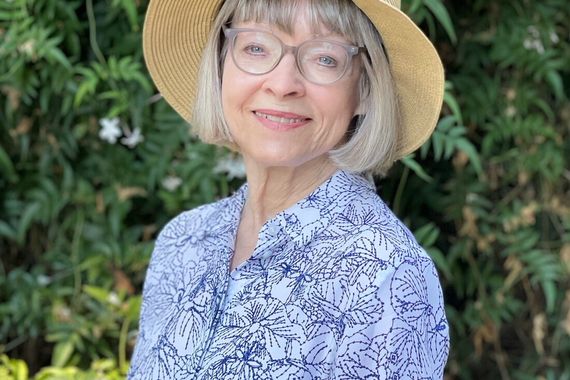Work in Progress: Revisiting the American Experiment
According to legend, as the framers of the Constitution exited the Philadelphia convention in September 1787, a woman asked the eldest and one of the wisest of them, Benjamin Franklin, “what have you given us?” To which he replied: “A republic, if you can keep it.”
We often call the American system of government a “democracy,” but Franklin’s term is perhaps more accurate: a democratic republic. We are governed by women and men we elect. The idea of our system as a model for the world is in our hearts, even though few of the democracies that have come along since have modeled their system on ours. Perhaps they’ve learned from our mistakes.
How goes our experiment in self-government? CLA is full of students and scholars who look at that question. Let’s explore how our democracy is holding up with five of those scholars from five different disciplines. Is American democracy under stress? What kind of stresses and how serious are they? What light can they shed on the question through their particular academic approach?
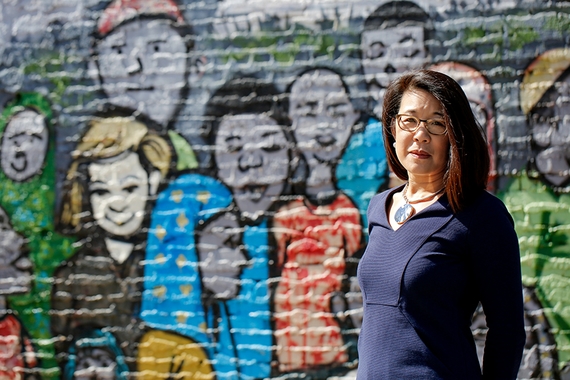
History professor Erika Lee studies xenophobia, and asserts that American immigration laws don’t have to be drawn from a place of fear or hatred. “We needed to have an honest, brave conversation about the democratic values on which the country was founded,” she says.
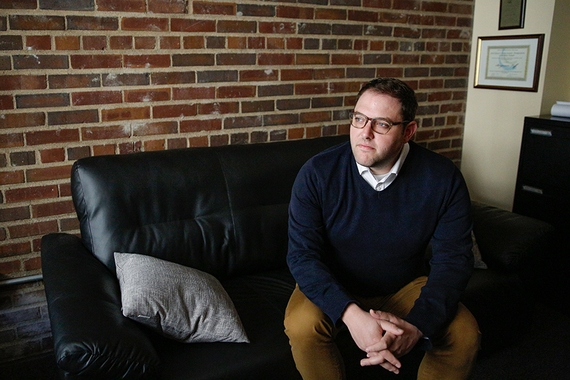
Journalism professor Ben Toff researches the journalistic culture of today. Toff explains why wide disparities in news consumption directly relate to the health of our democracy, and expresses concern about whether our news environment is “conducive to creating an electorate of people who actually hear the other side.”
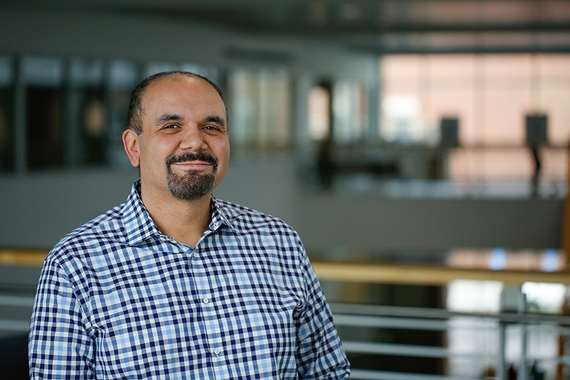
Fatih Guvenen, professor of economics, believes that the state of any nation’s democracy is linked to the state of its economy. Focusing his research on issues of income and wealth distribution, Guvenen uncovers some shocking truths about wealth inequality.
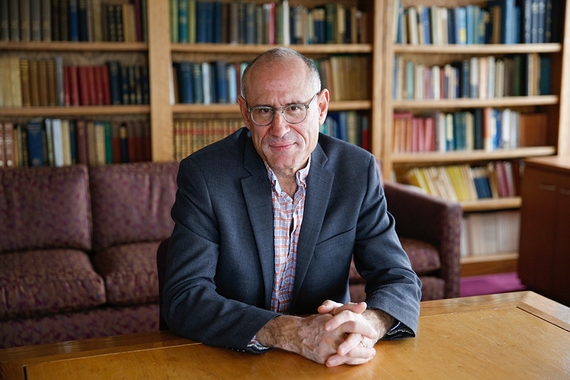
Howard Lavine, professor of political science, focuses his research on the area of political psychology. Lavine believes there’s been a shift in American values that focus more on political party rather than personal beliefs. “People are less motivated by policy substance than they are with showing their loyalty to the team,” he says.
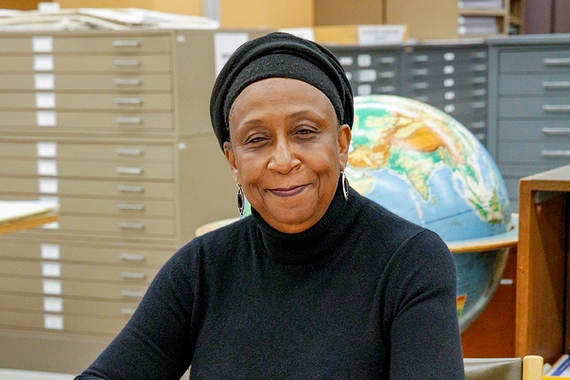
Professor Rose Brewer from the Department of African American & African Studies examines issues of race, class, and gender. According to Brewer, America is still engaged in “an ongoing struggle for what I would call real democracy.”
